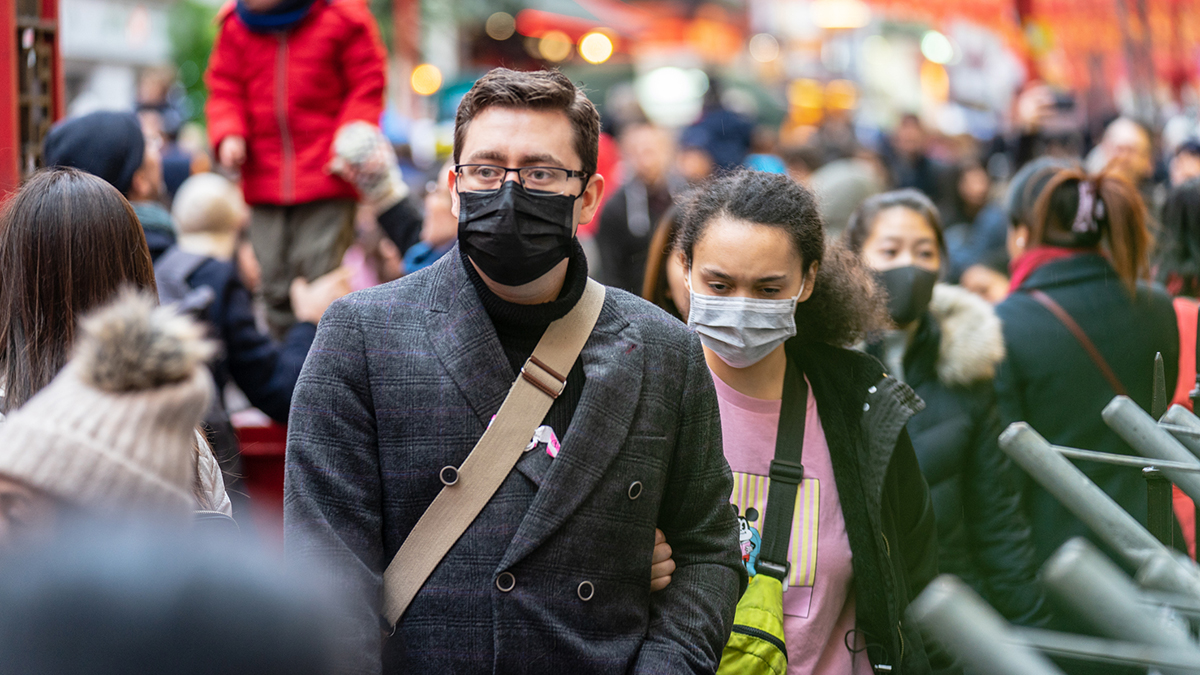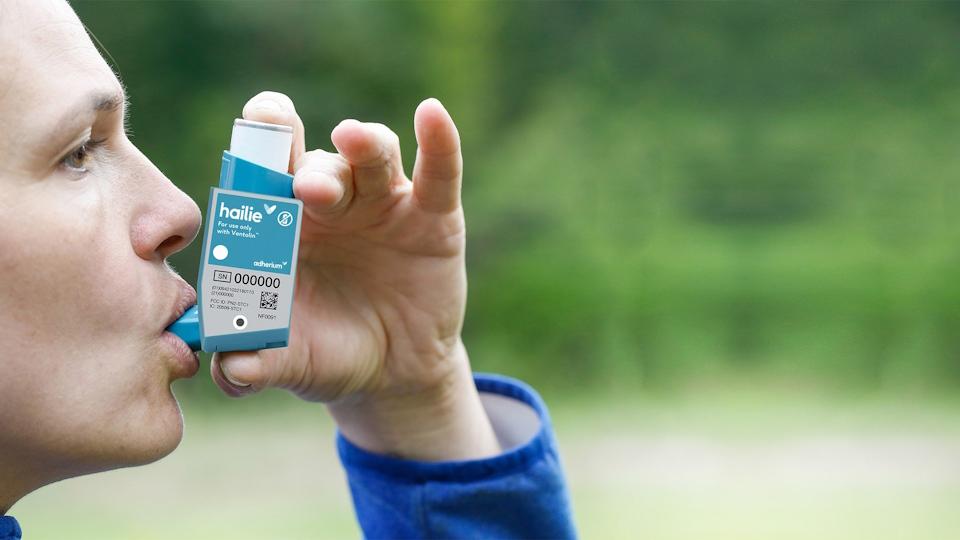Older people first to receive COVID-19 vaccine in UK, says government

As European regulators begin a rolling review of AstraZeneca’s COVID-19 vaccine, the focus in the UK has shifted to the government’s plans to distribute any vaccine that is deemed to be a safe and effective way of preventing the disease.
According to weekend press reports a rollout of a vaccine could be just three months away – but the feedback from the government is that not everyone will get it, with the target group being around 30 million older people and health workers, less than half the population of 67 million.
Speaking to the Financial Times, the head of the country’s coronavirus vaccine task force Kate Bingham said that any vaccination programme will be targeted at the most vulnerable in society.
She said: “People keep talking about ‘time to vaccinate the whole population’ but that is misguided.
“There is going to be no vaccination of people under 18. It’s an adult-only vaccine for people over 50 focusing on health workers and care home workers and the vulnerable."
The strategy will likely be based on a draft list published last month by the government’s Joint Committee on Vaccine and Immunisation (JCVI), showing who is likely to be first to receive the vaccine.
According to the JCVI a “simple age-based programme” will decide who gets priority, as this will allow the vaccine to get to those at highest risk at the fastest possible speed.
Older adults in care homes and care home workers would be in the first group, followed by those aged over 80, over 75, over 70 and over 65.
A sixth priority group would comprise of younger adults under 65 with conditions that leave them at high risk of developing serious complications from the virus.
They would be followed by those aged under 65 who have a moderate risk level.
Even distributing the vaccine to half the population will be a major logistical challenge, however, and the UK government is facing scrutiny and criticism over its handling of the pandemic so far.
Flaws in the coronavirus reporting system emerged over the weekend when it emerged that nearly 16,000 cases had been missed in daily figures over the last week or so because of an IT error.
The government has also been criticised for failing to implement a track and trace system early in the pandemic, a measure that limited its spread in other countries.
Health secretary Matt Hancock has already said that the military may be brought in to help distribute the vaccine.
Getting what could be the final stage of the fight against COVID-19 right will be vital if the government wishes to restore credibility, as millions continue to live under lockdown restrictions that have cost thousands of jobs and continue to damage the economy.












